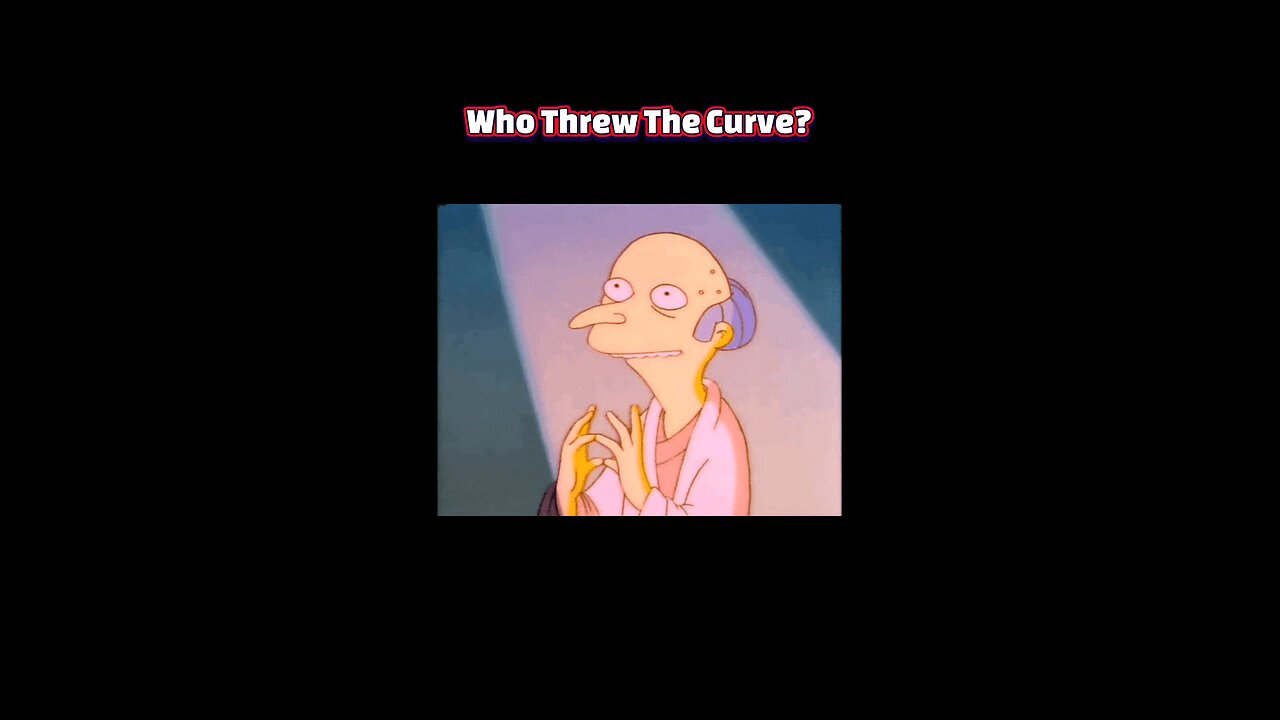Premium Only Content

"God Is Dead—Now What?” Nietzsche’s Invitation to Rebuild Meaning From the Ashes
#NietzscheDecoded #ExistentialThread #PhilosophyX #GodIsDead #ModernNihilism #RevalueReality #WillToPower #DeepThoughtDrop #ZarathustraSpeaks #BuildYourMeaning #god
Friedrich Nietzsche’s proclamation that “God is dead” is often misunderstood as a theological assertion, but it serves as a profound cultural diagnosis. He did not mean that a divine being literally perished; rather, he observed that the moral and metaphysical foundations built on Christian faith had eroded in modern Europe. Science, historical criticism, and secular philosophies had stripped away the certainty and unity that belief in God once provided. By announcing God’s death, Nietzsche confronted his contemporaries with the reality that traditional absolutes no longer commanded unquestioned authority.
The phrase first appears in The Gay Science through a parable of a madman who laments humanity’s role in killing its guiding star. This theatrical moment highlights how deeply people had taken divine moral law for granted. With the decline of religious dogma, Nietzsche saw an unprecedented freedom—and an unprecedented emptiness. No longer could Europeans rely on a transcendent standard to dictate right and wrong; the old scaffold for values had collapsed, leaving individuals adrift in moral ambiguity.
Without a shared divine guarantee, Nietzsche foresaw the rise of nihilism—the belief that life lacks inherent purpose or value. Left unchecked, this void breeds despair, apathy, or the seductive promise of ideologies that claim to restore order through power or conformity. He feared that desperate souls might replace one dogma with another, exchanging Christian absolutes for nationalist, socialist, or clerical tyrannies that demand blind obedience. The true peril, he warned, lay in mistaking any new certainty for genuine liberation.
Nietzsche’s answer to nihilism was not a retreat into nostalgia but a daring call for a “revaluation of all values.” He envisioned the Übermensch—one who forges personal meaning in a godless cosmos through the creative exercise of the will to power. Instead of mourning the divine’s absence, this individual affirms life’s struggles and crafts values as works of art. In Nietzsche’s view, the highest task of humanity is to transform the emptiness left by God’s death into a workshop for self-overcoming and imaginative reinvention.
Ultimately, “God is dead” functions less as a statement of loss than as a challenge. Nietzsche urged us to choose between sinking into nihilism or embracing the responsibility to build new foundations for meaning. Whether one believes that God ever truly existed is secondary to the imperative he posed: modern life demands that each of us become an architect of our own values. In that creative act lies the promise of genuine freedom and the possibility of a more vital, self-determined humanity.
-
 LIVE
LIVE
Benny Johnson
1 hour ago🚨James Comey INDICTED for Perjury and Obstruction, Years In JAIL | 275 FEDS in January 6th Crowd
6,805 watching -
 1:35:48
1:35:48
Dear America
2 hours agoBOMBSHELL: 274+ Feds Where in The Crowd On Jan 6th!! + James Comey Finally INDICTED!!
103K78 -
 LIVE
LIVE
Badlands Media
6 hours agoBadlands Daily: September 26, 2025
4,157 watching -
 2:44:51
2:44:51
Matt Kohrs
12 hours agoPCE Inflation Report, BTFD & Payday Friday || Live Trading Stock Market Open
17.9K1 -
 LIVE
LIVE
Wendy Bell Radio
6 hours agoWelcome To The "Find Out" Phase
7,287 watching -
 LIVE
LIVE
GritsGG
1 hour agoQuad Win Streaks!🫡 Most Wins in WORLD! 3600+
60 watching -
 56:54
56:54
Crypto Power Hour
2 hours ago $0.58 earnedSpecial Guest Natalie Brunell, Author & Bitcoin Maxi
9.77K8 -
 LIVE
LIVE
Total Horse Channel
15 hours agoAMHA 2025 World Show 9/26
278 watching -
 LIVE
LIVE
LFA TV
18 hours agoBREAKING NEWS ALL DAY! | FRIDAY 9/26/25
3,446 watching -
 1:25:41
1:25:41
Chicks On The Right
5 hours agoComey's FAFO moment, Dallas sniper details, DFWYF, and who to trust in media.
32.4K13